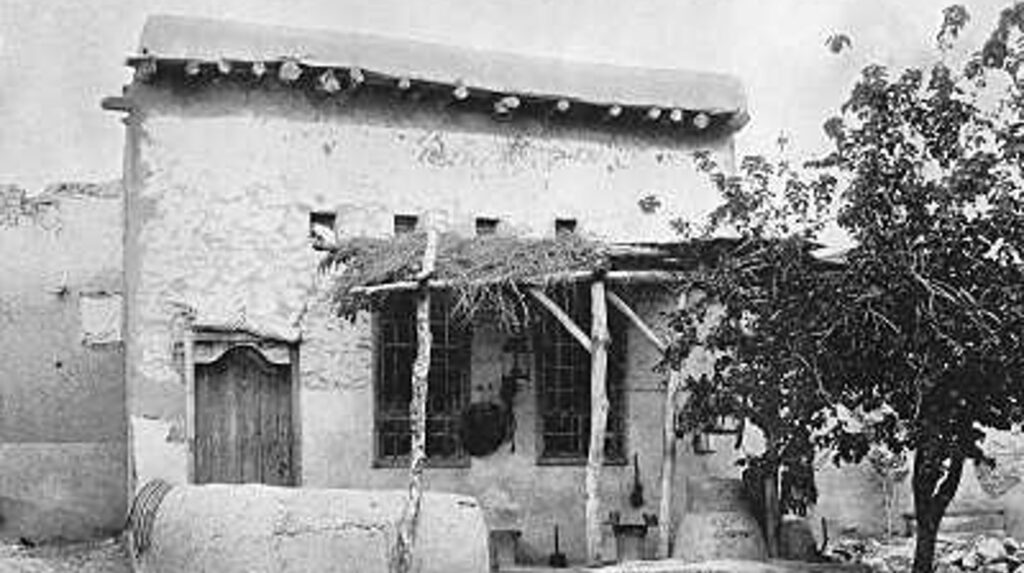Is getting all the facts straight what’s essential?

…Naaman went with his horses and chariot and stopped at the entrance to Elisha’s house. Elisha sent a servant out to tell him to go and wash himself seven times in the Jordan River, and he would be completely cured of his disease. But Naaman left in a rage, saying, “I thought that he would at least come out to me, pray to the Lord his God, wave his hand over the diseased spot, and cure me! Besides, aren’t the rivers Abana and Pharpar, back in Damascus, better than any river in Israel? I could have washed in them and been cured!”
(2 Kings 5:9-12)
Naaman was the commander of the Syrian army at the time (9th century BCE) and had heard from a captured servant girl that there was a prophet that could heal him of his leprosy. And so he went. Doesn’t his response sound so much like us?! 😂 (Which says something about the expectations we carry around with us.) His servants then called him to reason…
“Sir, if the prophet had told you to do something difficult, you would have done it. Now why can’t you just wash yourself, as he said, and be cured?” So Naaman went down to the Jordan, dipped himself in it seven times, as Elisha had instructed, and he was completely cured. His flesh became firm and healthy like that of a child. He returned to Elisha with all his men and said, “Now I know that there is no god but the God of Israel; so please, sir, accept a gift from me.”
(2 Kings 5:13-15)
A service was rendered. A gift was to be offered. That’s the way it is and the way it’s always been. The account continues…
Elisha answered, “By the living Lord, whom I serve, I swear that I will not accept a gift.” Naaman insisted that he accept it, but he would not. So Naaman said, “If you won’t accept my gift, then let me have two mule-loads of earth to take home with me, because from now on I will not offer sacrifices or burnt offerings to any god except the Lord. So I hope that the Lord will forgive me when I accompany my king to the temple of Rimmon, the god of Syria, and worship him. Surely the Lord will forgive me!”
(2 Kings 5:16-18)
Why two mule-loads of earth on which to offer sacrifices? There was a pervasive, erroneous understanding at the time that “gods” were intrinsically tied to the land over which they ruled – including the God of Israel. Here are a few other examples (among many):
- “How can we sing a song to the Lord in a foreign land?” (Psalm 137:4)
- “…they have driven me out from the Lord’s land to a country where I can only worship foreign gods. Don’t let me be killed on foreign soil, away from the Lord.” (1 Samuel 26:19-20)
Back to Naaman… who, in addition to his gross misunderstanding, expressed his intention to accompany his king to the temple of a foreign god? Surely the great prophet Elisha would correct his ignorance and rebuke him!
“Go in peace,” Elisha said. And Naaman left.
(2 Kings 5:19)